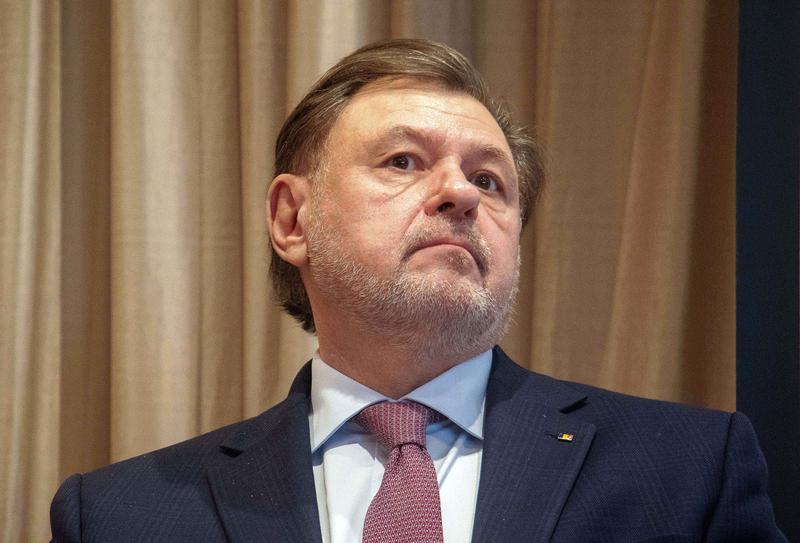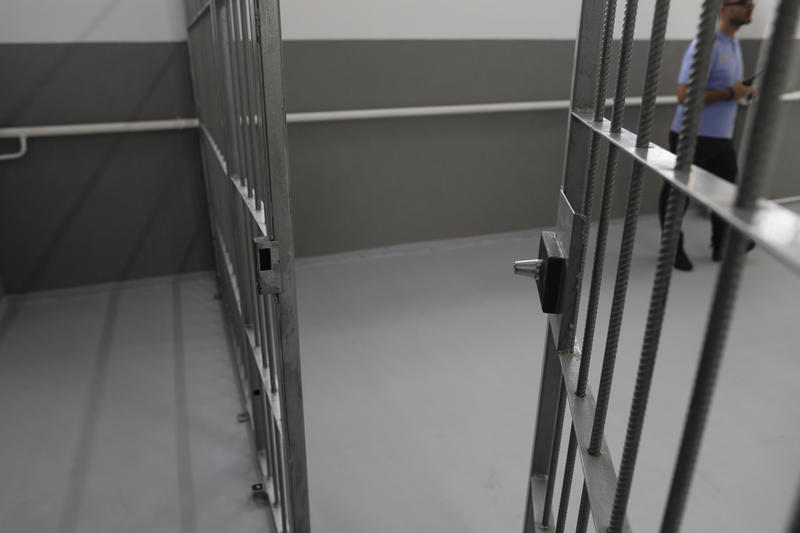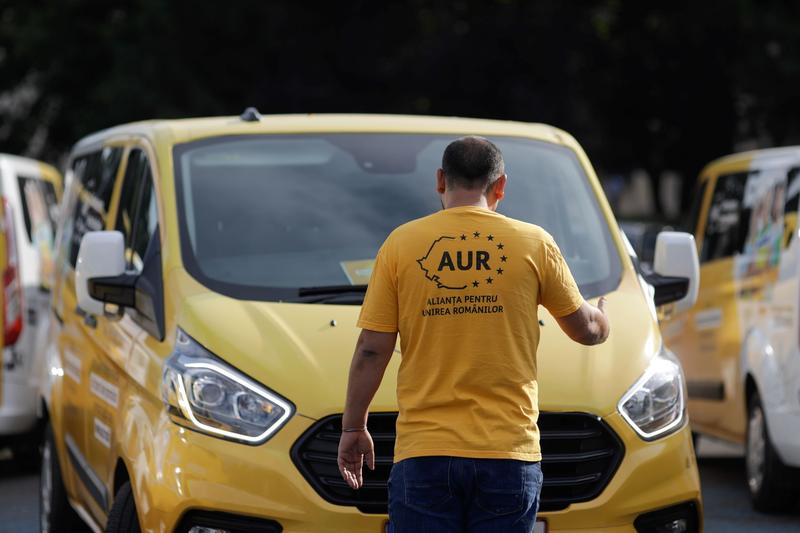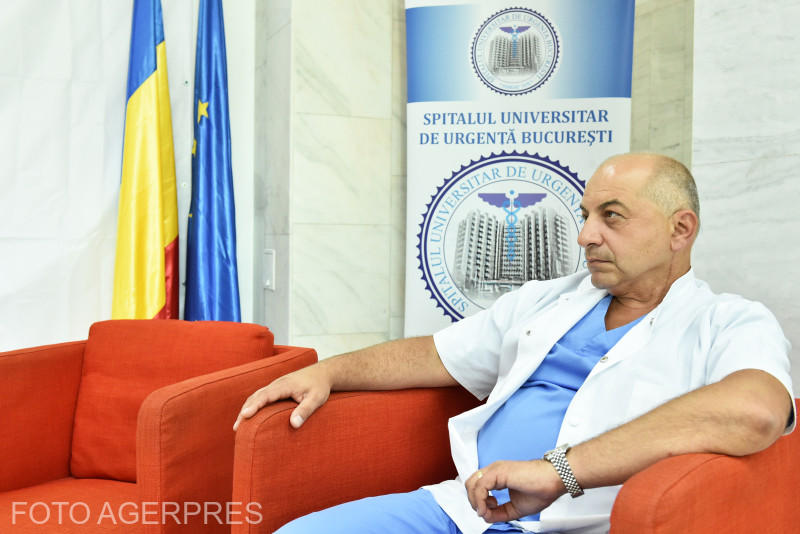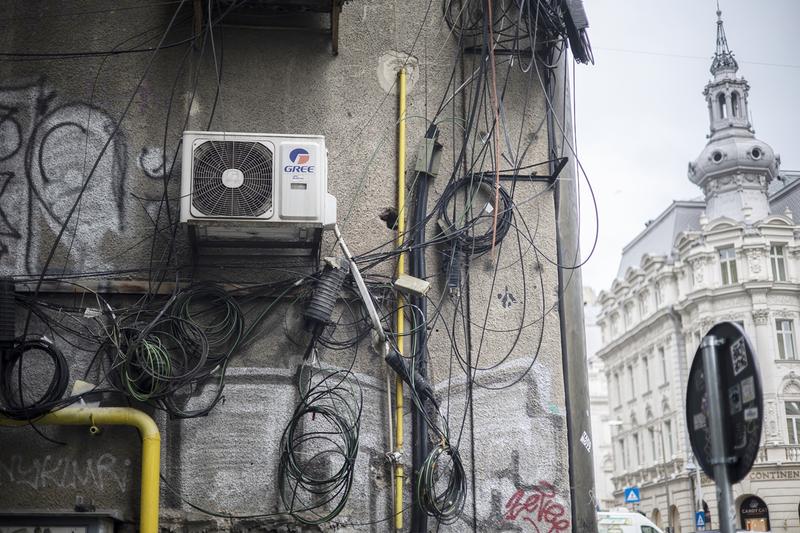Romania's embattled judiciary faces a period of high tension as two key officials were prompted to leave office this week and key verdicts were postponed as the country prepares for the Orthodox Holy Week. Facing mounting pressure, Prosecutor General Augustin Lazar announced his retirement and a prosecutor who has been accused of plagiarism was announced as replacement. And Justice minister Tudorel Toader announced his resignation as pressure increased for him to be replaced with an even bigger opponent of the fight against corruption.

Stakes are increasing in the battle of the governing Social Democrats and their strongman leader Liviu Dragnea to strengthen their hold of the Justice system, as Dragnea is seeking to get rid of a decision in a key corruption case.
- Dragnea, who serves as House speaker, admitted on Thursday that he would benefit of a favorable decision of the Constitutional Court in a case related to how judges are established at the High Court in cases of corruption. The issue was brought before the Court by his right hand at the PSD and the House, Florin Iordache.
But the issue was in limbo as early this week the High Court decided to postpone a decision in a case in which Dragnea stands accused, pending the Constitutional Court decision. Still, on Friday the Constitutional Court opted to postpone such a decision itself, for a third time.
The move at the Constitutional Court was only one of several lines of action for the governing PSD party in its attempts to change the rules of the judiciary. Another line was the possible adoption of key emergency ordinances to push through fast changes.
But as PM Viorica Dancila - seen as a dummy for Dragnea - and her Justice minister Tudorel Toader failed to move quickly, PSD opted to ditch Toader, despite his support in a long series of attacks on the status quo of the judiciary and the fight against corruption.
Toader was forced to resigned and announced he did so on Thursday evening, after the PSD leadership decided formally to withdraw support for him and PM Dancila announced his dismissal.
Toader is expected to be replaced by another PSD-supported minister. The party announced their nomination in a political leader loyal to Dragnea, Eugen Nicolicea, one of the hardliners in efforts to subdue the fight against corruption. Nicolicea has served in Parliament since 1992, shortly after the fall of communism, and has been involved in a long series of scandals. It is yet to be officially confirmed a press report that he graduated Law in a long distance course at a local university in SW Romania and he has yet to explain how he got a revolutionary certificate for Turnu Severin, a town where nothing happened in the 1989 events that led to the fall of dictator Nicolae Ceausescu.
- But for Nicolicea to take over as Justice minister, he would have to be approved by President Klaus Iohannis, who is not likely to support such a nomination. Still, constitutionally Iohannis can only reject one nomination for a ministerial job, so if he rejects Nicolicea the first time, he wouldn't be able to reject a second PSD nomination.
Also this week, Prosecutor General Augustin Lazar, who has been seen as a spearhead of the fight against high level abuses, announced his retirement. This came as he has become the target of intense criticism over his role in refusing the liberation of an anti-communist dissident before 1989, when he was a young prosecutor.
Lazar retired despite initial plans to run for a new term as prosecutor general. On Friday, the Superior Council of Magistrated decided to name an interim Prosecutor General, prosecutor Bogdan Licu. Licu is known for charges that he plagiarised his PhD thesis at the academy run by the Romanian intelligence service, which led to him announcing he dropped the PhD title in 2016.
Lazar's term as Prosecutor General was due to end this month. Minister Toader ran a first round of a contest to find a replacement, but failed to do so. That replacement would have to be found once the commotion settles.
PSD leader Dragnea, who already has a final suspended sentence for electoral fraud and faces another sentence in a separate case, as well as other corruption-related cases, is looking to clear judicial obstacles in his attempts to hold certain offices. Romania has two years of elections before it - EP and presidential elections this year, local and general elections in 2020. President Iohannis also announced a referendum aimed at showing popular support for the independence of the judiciary, along with the European elections this season.
